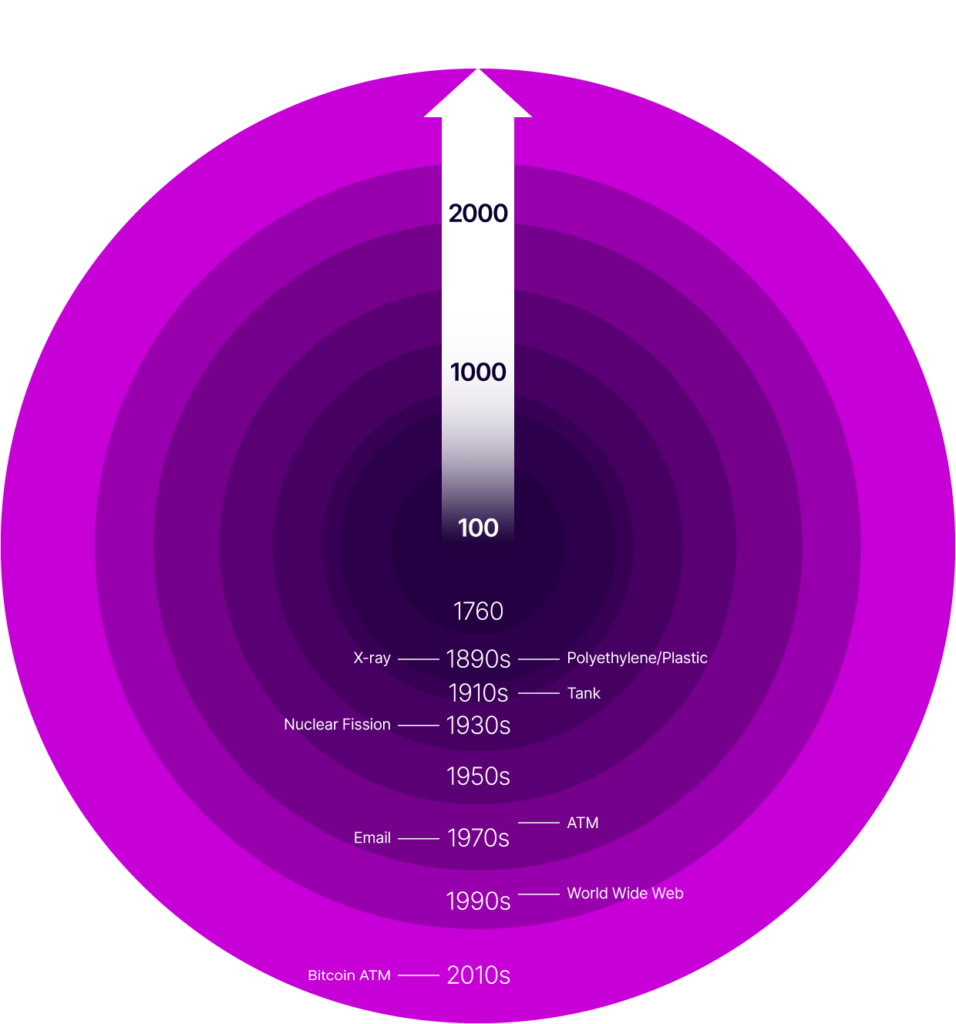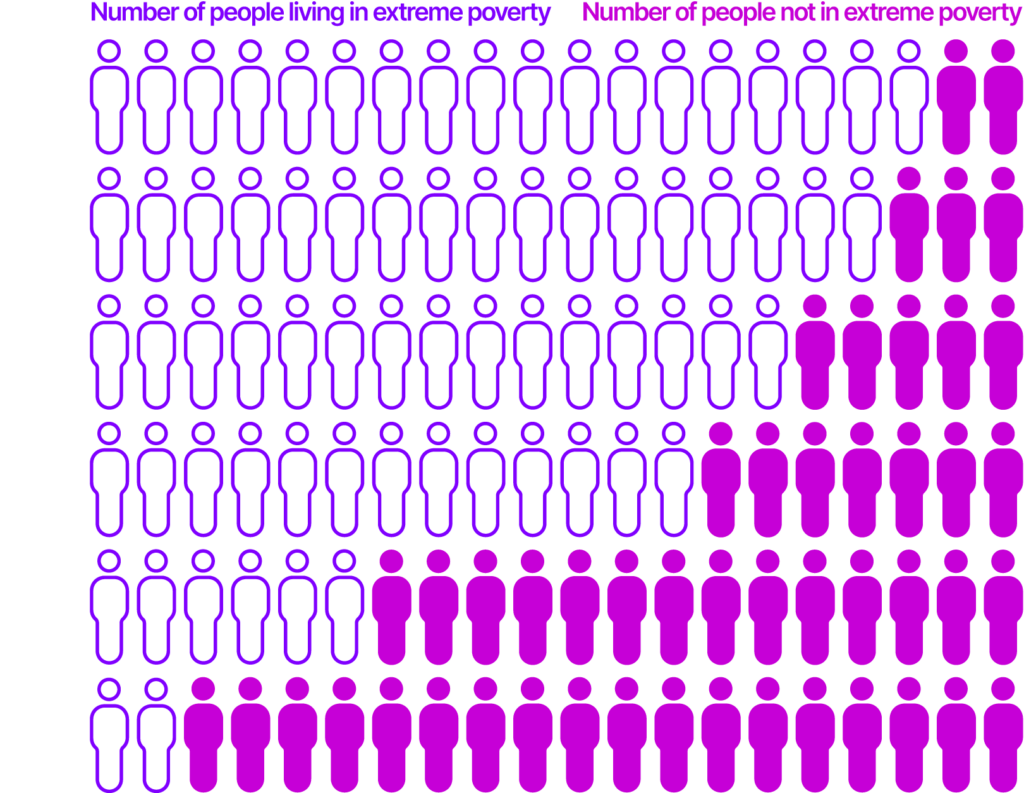Navigating the realms of AI and immersive technology often means confronting scepticism and criticism. This scepticism is an inherent part of pioneering new technologies, as it challenges us to refine and justify our advancements. While we understand and sometimes share peoples’ concerns, offering empathetic guidance becomes crucial, especially when criticisms are legitimate. Engaging with these concerns is not just about defending technology but ensuring it serves and resonates with its intended users.
However, it’s important to recognise that some critiques veer towards the extreme, favouring sensationalism over substance. These overly simplistic and fear-mongering arguments do more harm than good, stifling productive discourse and innovation. For instance, in a recent article from the New Yorker, science fiction writer Ted Chiang argues fiercely against AI and its implementation across our industries.
Blaming AI entirely for societal and ethical issues without acknowledging the critical role of human oversight, decision-making, and ethical implementation is reductive and perilously misleading. Such a perspective overlooks the complex interplay between technology and humans, undermining the potential for responsible and beneficial innovation.
AI will change the way we interact with technology
In confronting concerns about the rise of AI, let’s first imagine how it can best be directed to do good, taking some real applications of AI as a backdrop.
It is essential, firstly, to recognise that AI responds to human intentionality and does not supersede it. There is always a human in command of the development, deployment, and usage of AI algorithms. Applied to different functions, AI simply serves to execute human purposes with increased efficiency and precision. The AI tools that are coming onto the market now can enable more seamless interactions with digital technology in our daily lives, offering new opportunities for productivity, creativity, and communication.
At Hadean, we have first-hand insight into how AI combined with spatial computing is enabling new ways to interface with technology that are radically more efficient, practical, and humanising. Across various industries, this is not only augmenting the functionality of digital experiences, but also reducing barriers to entry for people with less specialist skills to exert their agency over technology and create value in the areas that are meaningful to them.
In each case, AI is helping users to understand the world and its inhabitants, support decision-making amidst uncertainty, and shape evolving circumstances for the better. It is also helping to get the benefits of this technology into more hands, enabling greater numbers of people across society to experience the productivity boost that can bring them into better material circumstances.
The use of AI begins and ends with the human will, but the way it enhances our interactions with technology will have exponential benefits across the global economy.
How will AI affect the economy?
From the dawn of civilisation, technology has enabled more efficient ways to produce and distribute goods to larger numbers of people across societies. Whether in terms of healthcare, food access, entertainment, social experiences or commercial opportunities, technology has had a considerable impact in raising living standards wherever it is made accessible. The symbiotic relationship between technology and prosperity is deeply rooted in our history and collective human experience.


It has also enabled substantial improvements to the kind of work that the majority of us can earn a living on. Throughout history, but particularly in the post-industrial age, new technology and economic growth have combined for an exponential increase in employment, along with rising median incomes coming from new and improved jobs. With the requisite upskilling, new technology takes large numbers of people out of low-paid and sometimes dangerous forms of manual labour and onto more clerical, creative, and better-paid forms of work.
The sudden boom in AI may have taken a lot of people by surprise in 2023, but it is no departure from the established course of history. From the steam engine, to heavy machinery, to the computer, new technology has made certain elements of human labour redundant – and in doing so has opened us to higher levels of productivity, new jobs in new occupations and functions, and higher standards of living overall. Fear of change should not be a reason to stand in the way of progress.
While care should certainly be taken to produce and use AI in such a way that reflects our own values and aspirations for a better society, there are broader ethical factors to consider beyond this. Even if one entity, be it a business, a country, or a bloc of allied nations decides to delay AI adoption and innovation based on its own scruples, it does not ensure that others will follow suit. This could lead to unintended consequences and put the late adopters at a disadvantage in the global landscape.
The positive case for AI: with the right upskilling, AI is a catalyst for human potential
Recognising that the impact of AI is ultimately dictated by human choices and policies is critical. Steering its development in a responsible manner is not just advisable – it’s crucial for ensuring a future where technology serves humanity, not the other way around.
From a microeconomic standpoint, therefore, as AI becomes more prevalent, upskilling the workforce becomes imperative. Rather than replacing or dissolving jobs, AI will become a tool on the belts of workers across all industries, and not just the privileged few. The marriage of AI with human potential can then be the bedrock for improved living and social standards, as technology has done for millennia.
We strongly believe that AI will serve to democratise access to the benefits of technology, helping more non-specialists to wield the power of complex software in their work and leisure. This is a belief that we substantiate every day in our work, where AI algorithms are used to humanise technology and bring it in step with users’ natural language, behaviour, and motivations. In doing so, we’re building technology that is better suited for intentional and empathic community building, learning, decision-making, and more.
If you’d like to collaborate with us and see how AI can be implemented to better serve the purposes of your end users, feel free to reach out at hadean.com/contact.
